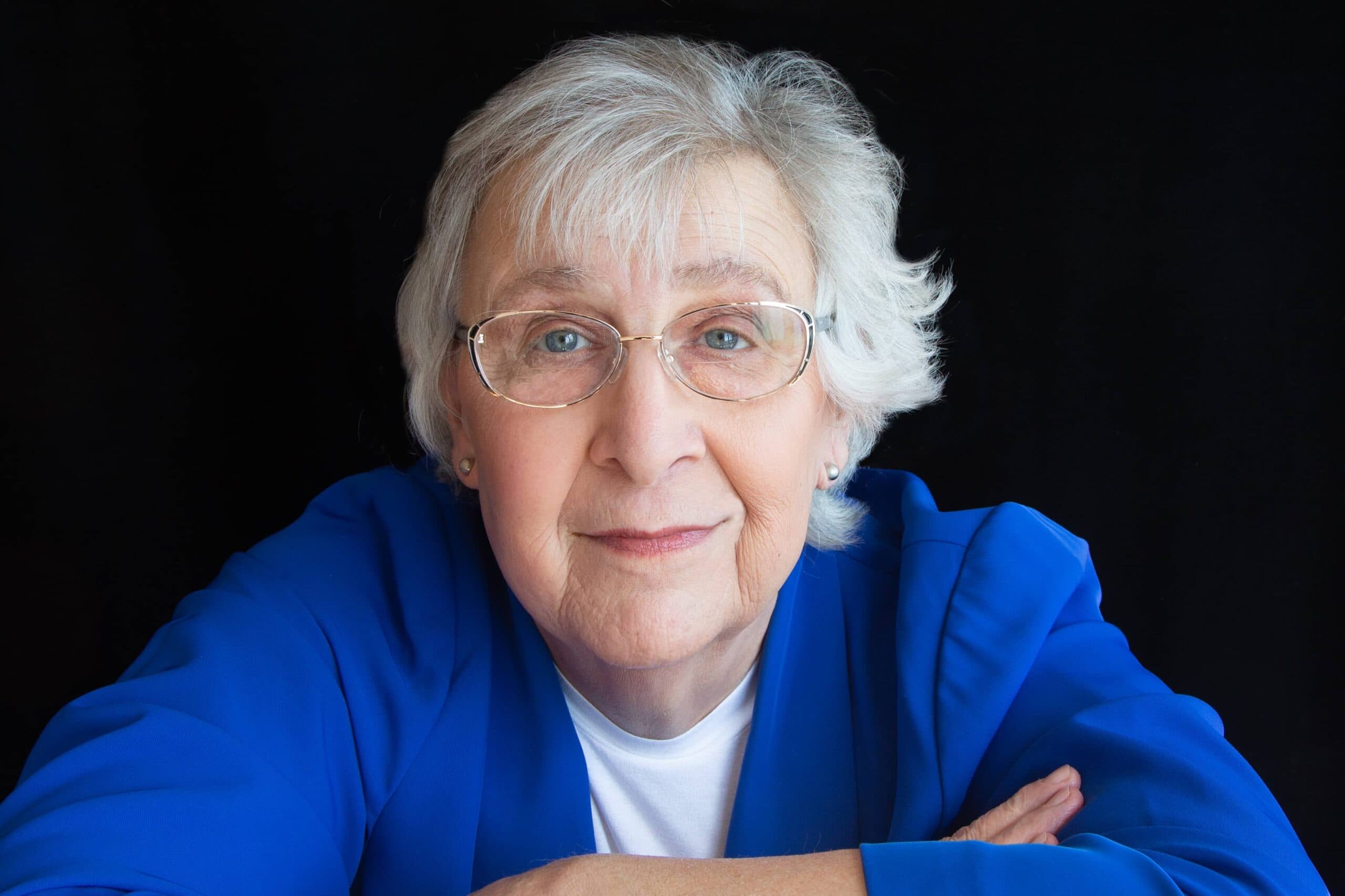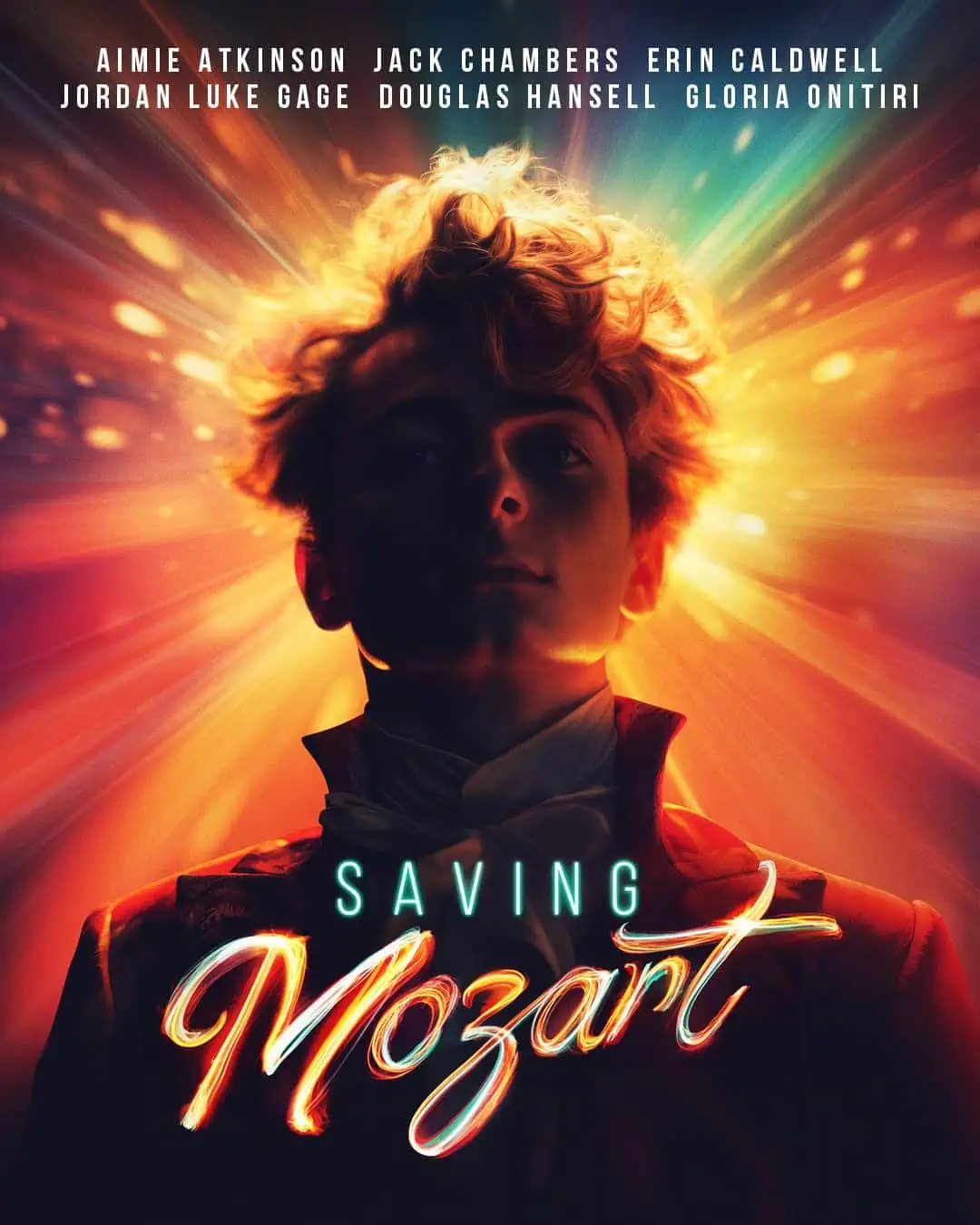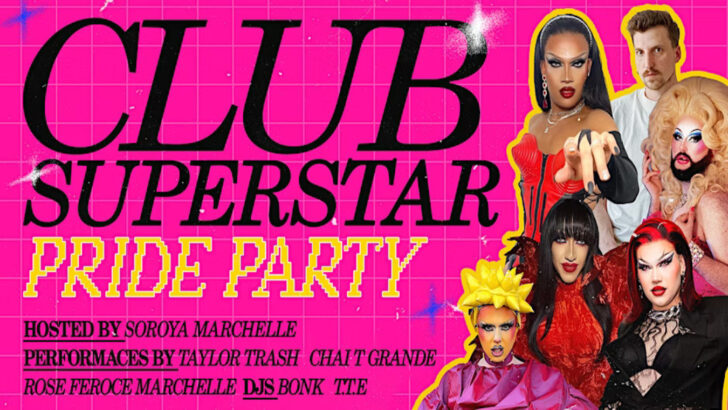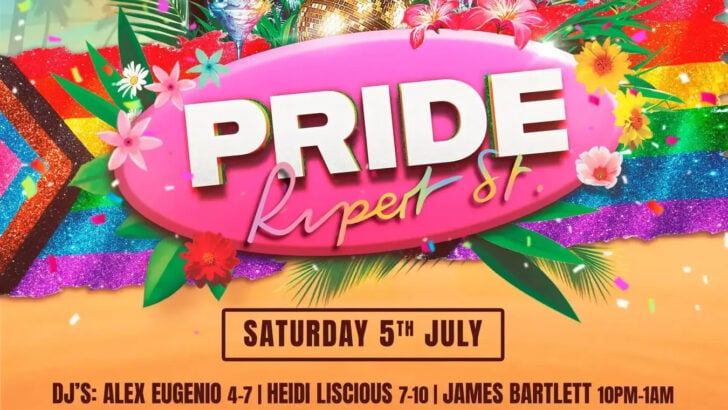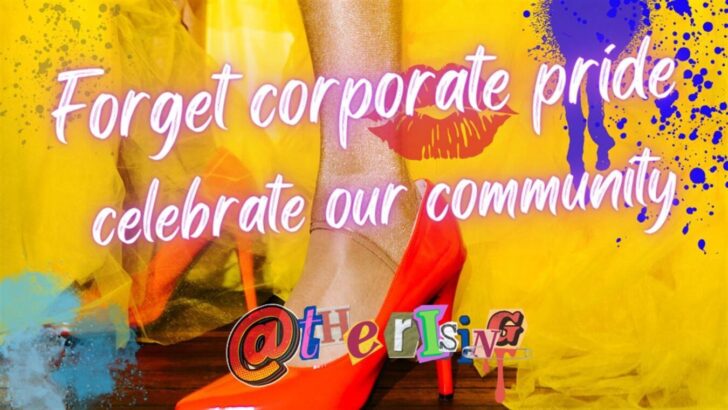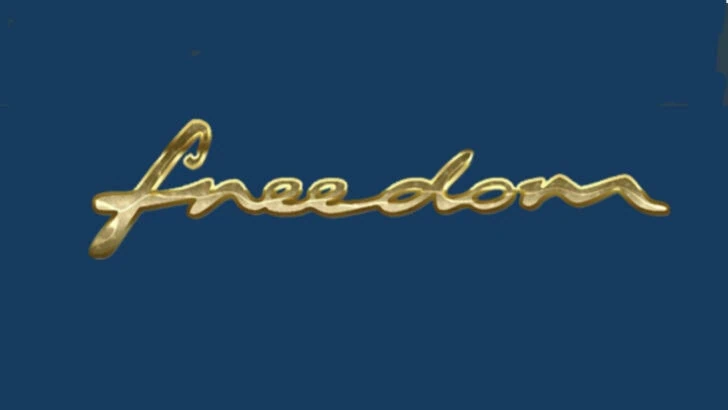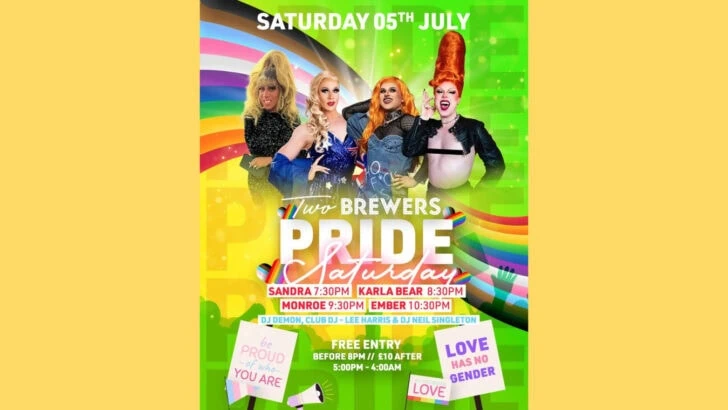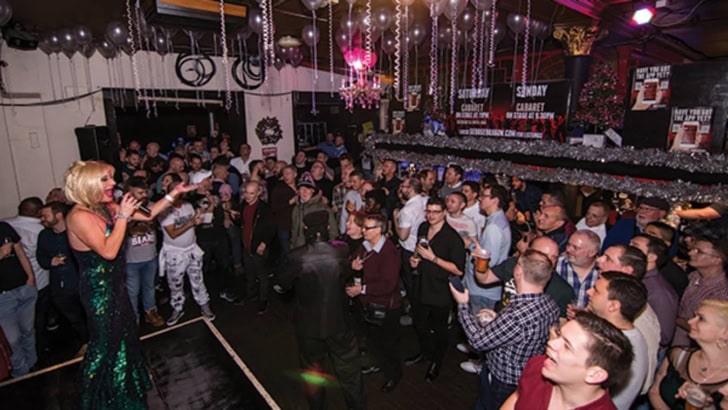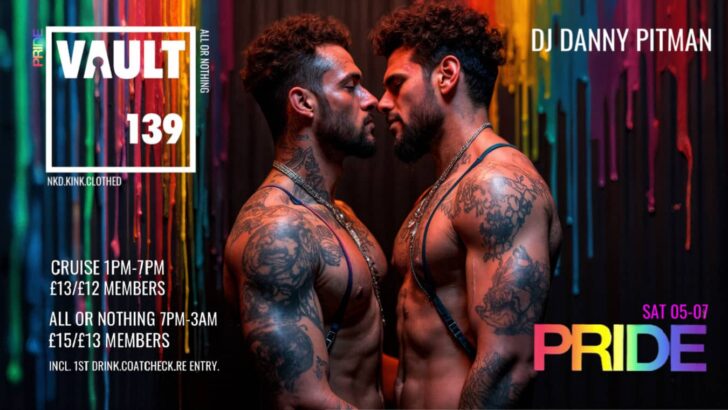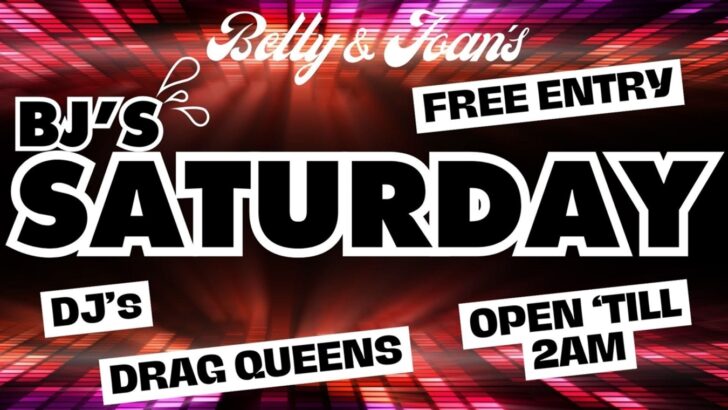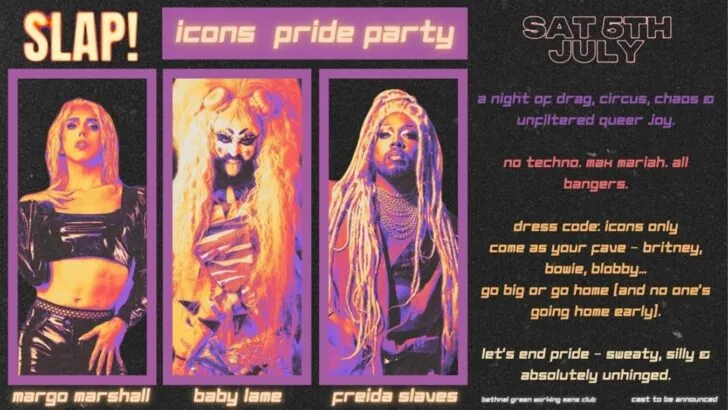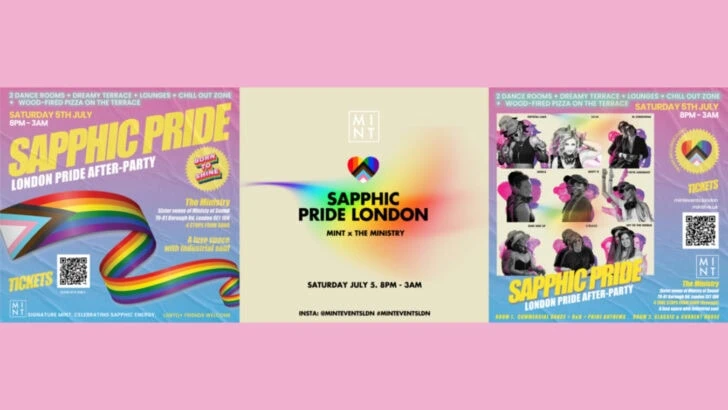Rick Scotti built a successful career in show business in the 80s as a stand-up, appearing with Chris Rock and Jerry Seinfeld. In their late 40s, they realised something was “terribly wrong”, and there followed a period of discovery and realisation that enabled them to be another self, their true self, with a new life at 50. In the documentary that follows this coming out process, Julia Scotti describes the person she is now as “a me that didn’t exist for nearly 50 years”.
QX had the great pleasure of interviewing Julia ahead of the release of the documentary Julia Scotti: Funny That Way which will be out on digital platforms on International Transgender Day Of Visibility, 31 March 2023.
QX. Hello Julia. It’s such a pleasure to reach out to you. I enjoyed the documentary so much that I watched it twice! I’d like to first focus on that first life, the life you presented as a man before you had gender affirming surgery. You thought you were gay at one point, as your second marriage was breaking up. You recall having an emotionally painful date with another man who mistreated you. When a friend commented, “you want to be loved like a woman”, it made you realise something. What exactly did you realise, and how instant was it?
JS. It wasn’t so much a realization, but more of her comment ringing truer than anything I’d heard before about my feelings and behaviors. Her statement checked all the boxes about what I had been going through for most of my life. It gave a lot of credence to that line from the hymn “Amazing Grace” about being blind, but now I see. The realization, if you want to call it that, was truly instant, but the journey had taken a lifetime.
QX. Many gay men see the movement for the right for transgender people to be their authentic selves as a movement to turn homosexual men into women, as a movement that oppresses homosexuality rather than liberates transgender people. It is an argument used to delay treatment for young transgender people and has been used to attack the work of gender clinics. As someone who has been through gender affirming surgery while having some years behind them, what do you say to those who espouse this argument?
JS. Wow. I’ll be honest with you. This is the first time I’m hearing about this and it’s kind of stunning. Well let me ask this; your question only refers to gay men. Do lesbians feel like we’re turning them into Trans men? I mean, if you’re going to make that kind of a statement, it has to cover everyone, no?
Having said that, I don’t know where these theories come from. Aren’t Trans folks are being attacked on enough fronts? If these critics knew and understood how difficult the transition process is, I’d hope that they’d think twice before making absurd claims like this.
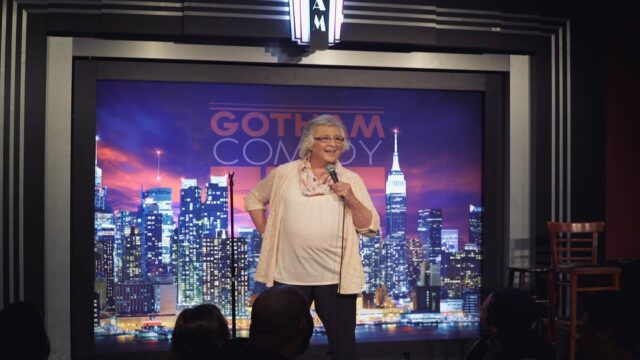
As for delaying treatment, only the person experiencing it should make that decision. A parent of a young child should have a hand in the process, of course, but how much of a hand? I wish I had the answer to that. I’m not qualified to make that decision and neither is anyone else who isn’t directly involved. Every person’s circumstance is unique.
And finally, addressing the question of ‘recruitment’, where we are supposedly turning homosexual men into women, let me remind you that it wasn’t too long ago that the straight people believed that homosexual men wanted to turn straight young boys into homosexuals.
QX. There is a significant section of the documentary where you, as Julia, sit beside your son, watching yourself, as Rick, on stage telling homophobic and transphobic jokes. The homophobic joke is about a man who doesn’t want to give CPR to another man in case he or even both of them, god forbid, liked it. It is dismissive of homosexuality, and it certainly wouldn’t get the laughs that it did then in the 80s. However, your act doubled down with a transphobic joke which would have been very hurtful to any transgender person watching then and now. You’re open about the mess at the time, with broken marriages, infidelity and estranged children. The Julia that we have come to know and like in the documentary acknowledged in the commentary that Rick had “issues”. But it wasn’t kind, and the documentary audience doesn’t hear much from you about that. How do you feel about that now?
JS. Of course it wasn’t kind and you can see by my reaction in the movie how I feel about it now. It makes me angry at myself for having ever made the joke. I know that at that time, I was struggling mightily to get to where I am now, that being a place of internal peace. All I can say is that when a person is desperate to belong somewhere, to know themselves the way others know their self, there’s this internal flailing that goes on. It’s not unlike when a person is drowning and in their panic, they attack the very person who’s trying to save them, even as they are moving closer to their own truth. I’ve been told that others have experienced this sort of thing too.
QX. I want to return to your statements from the start of the documentary, where you describe “A self-loathing murderer of your former self” and “The pain that lives not so vaguely in the shadows”. You signposted thoughts of suicide. Had you not transitioned, where do you think Rick Scotti would be now?
JS. Well that’s a tough one because I hate to speculate. But given where my head was back then, I can say with reasonable certainty that my life would have taken a much different path and that the peace I feel in my heart would surely not exist.
QX. According to recent data, 82% of transgender individuals in the United States have considered killing themselves, and 40% have attempted suicide, with suicide highest among transgender youth. The figures in the UK are as equally grim. What words of support and hope can you give our transgender family members who will be reading this and may be having a difficult time?
JS. There is nothing easy about transitioning. Nothing. Especially these days. For me, I found that once I started to love myself, the entire experience was easier to handle. And loving myself meant that I had to reject and eject from my life those people who were toxic and sought to bring me to my knees. This experience will knock the people around you from their comfort zone and they will often respond negatively. But know that their response is THEIR problem, not yours. You have other things to deal with.
If you are a parent, friend, or partner of someone who is Trans, the best and often the only thing you can do is LOVE them.
QX. We don’t hear much about your childhood, other than you mention having an alcoholic father. Is that because you don’t want to share that part of your life?
JS. Yes. Maybe someday. But not yet.
QX. In your 40’s, you met Kate. She was your rock while you transitioned and your greatest love. She discussed gender roles in your relationship and implied it would have worked had she been a more ‘manly’ woman. Have you ever considered a lesbian relationship?
JS. Sure. But honestly, I’m at this point in my life where having a relationship is fairly low on my list of priorities. I’ve got a lot of projects in mind that take up all my time, so I don’t think I could maintain a relationship anymore. I’m just not that interested (laughing).
QX. You said at the start of the documentary that you are straddling two worlds, gay and straight, but you cannot be part of either. Yet later in the documentary, when you go to see an LGBTQI+ group, you call them your people. We see love, understanding and acceptance of Julia from your family (especially your formerly estranged children) and friends and the audiences you perform in front of. You were also lovingly supported through life-saving heart surgery. Would you say that you’ve found inner peace and a level of contentment?
JS. The opening of the movie is a passage from my journal from around the beginnings of my transition. I was doing a lot of soul-searching at that point and trying to find my place in what was a strange new world.
We are the sum total of all of our experiences up to this moment. I’ve had a lot of time to think and reflect on my life. I can tell you that living my true self and choosing to love and rejecting hate has brought me to this wonderful place in my life.
There’s so much work to be done still. Trans folks are really coming out of the shadows now, and as we begin to blend into mainstream society in the next several generations, things will improve. But for the rest of my time on earth, I can choose whether or not to be at peace and I am. And contentment follows peace naturally, as does happiness.
QX. It was a really uplifting documentary, apart from the fact that you had quadruple bypass surgery during the documentary’s filming. How is the recovery going? Are you still off the cigarettes?
JS. It’s going great, thank you! It will be 5 years this December, and it seems like yesterday. Yes, I’m off cigarettes, but boy do I miss them still. I’ve changed so many bad habits, especially eating. But being a comic on the road, eating right is a real challenge.
QX. Finally, what have you got planned for the future?
JS. I think the better question is, what has the future got planned for me? I am working on several projects right now. I’ve got a play in the earliest stages of production, and I’ve got an idea for a musical. And of course, I’m always writing new material. But getting the word out about Susan Sandler’s wonderful documentary is where I am at this moment. I hope everyone watches and enjoys it!
Julia Scotti: Funny That Way is on Amazon Video and Bohemia Euphoria from 31 March.
